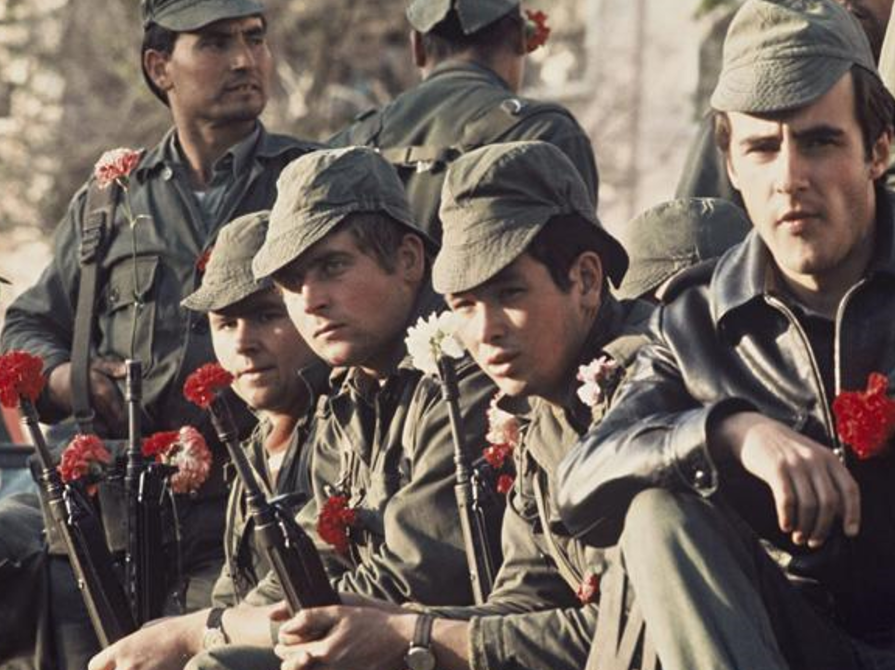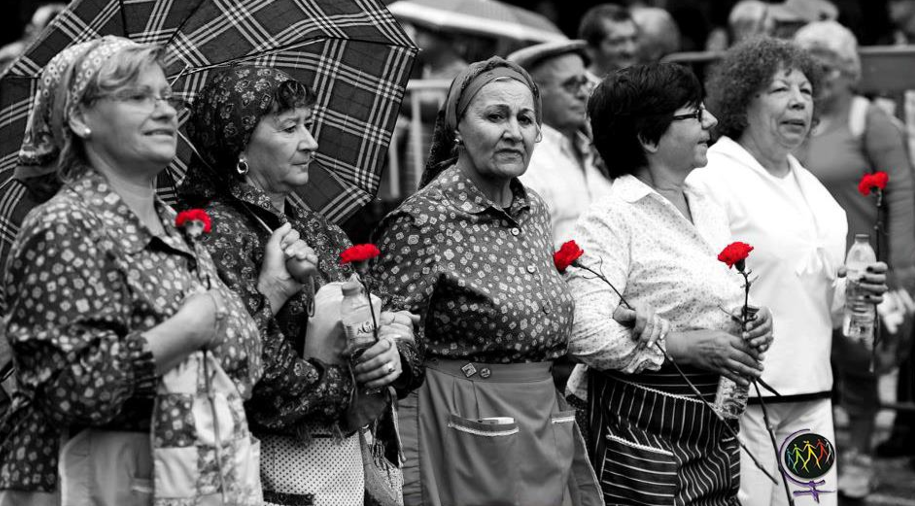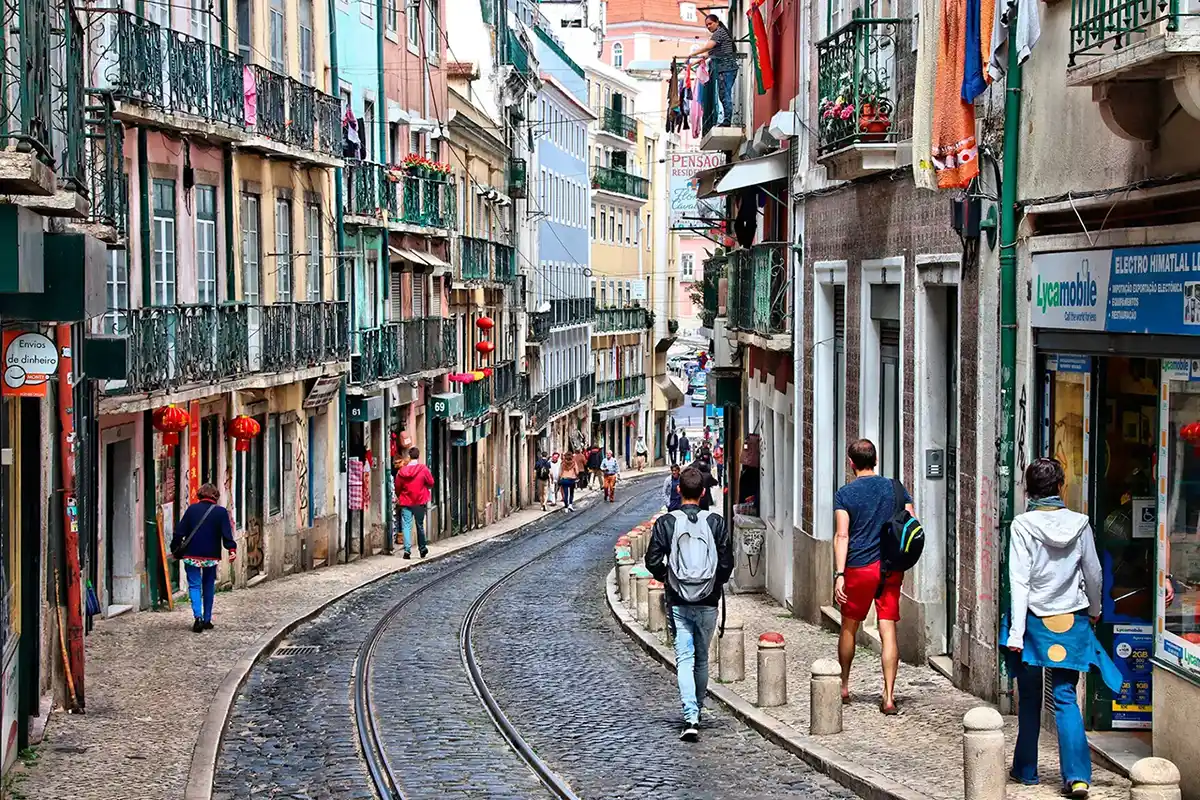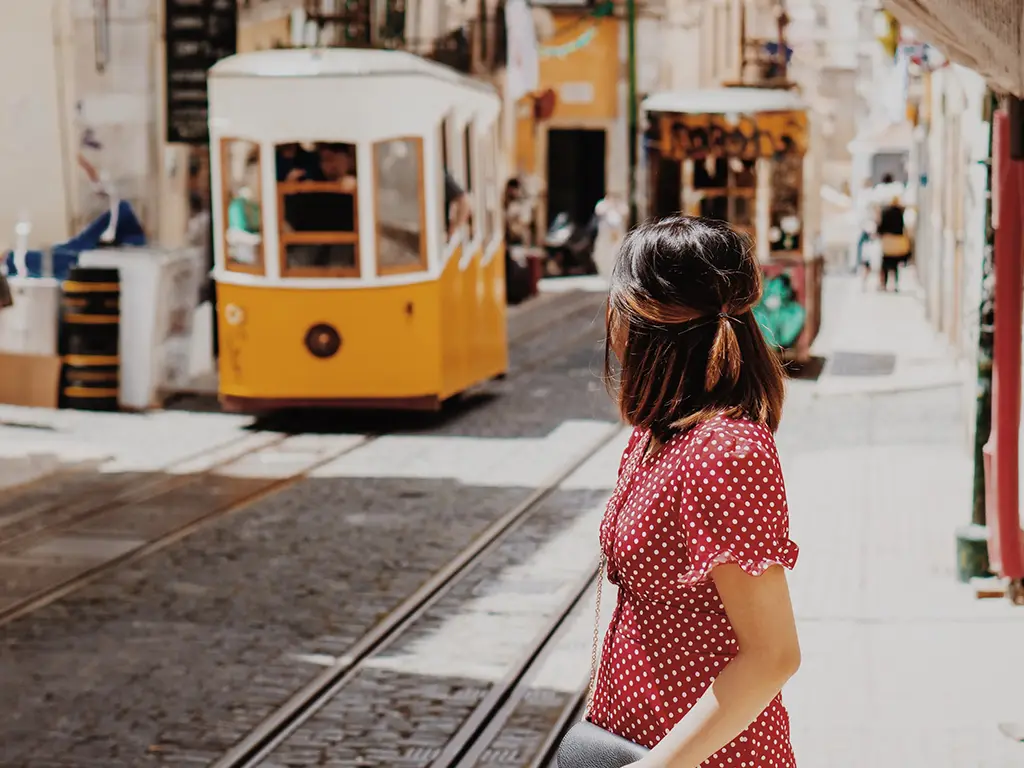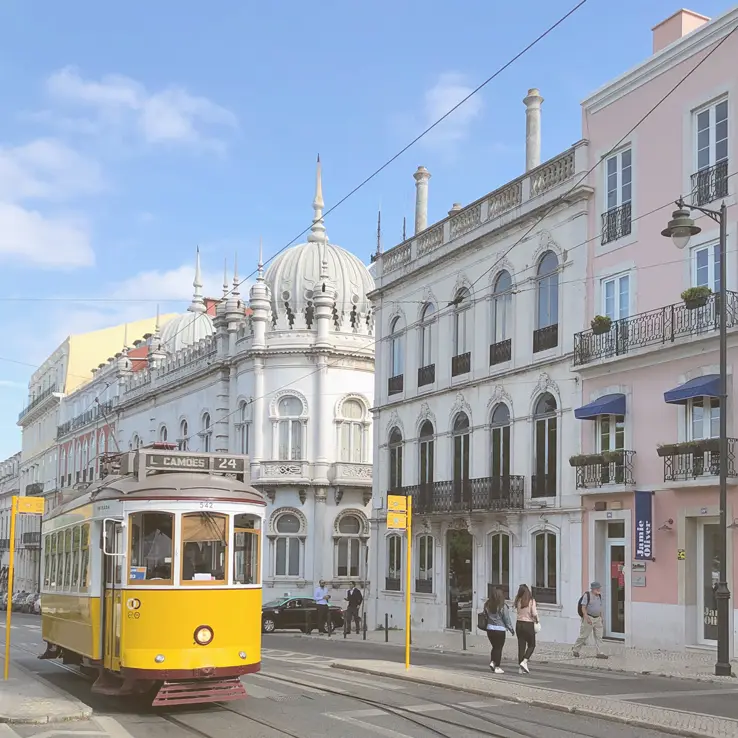From 1926 to 1974, Portugal was under the Salazar Dictatorship or the “Estado Novo”, a sort of cross between Franco’s Spain and Mussolini’s Italy, a repressive regime with a German Gestapo-style political police that had eyes and ears everywhere on Portuguese territory. Arrests, persecutions, repression and lack of freedom. The Portuguese people were tired of living under these premises and on 25 April decided to rise up, fight and overthrow fascism.
In the early morning of 25 April, the song Grandola Vila Morena, by the great singer-songwriter José Afonso, was playing on the radio. That was the beginning of a road to freedom. The army, hearing this signal, began to march on the city of Lisbon. Little by little, Portugal was awakening from its lethargy and joining the revolt. By early morning, the strategic points had been taken by the rebel army…and what the army did not expect…was that the people would come out of their homes and support the revolution. Housewives, workers, students, people from all walks of life came out, took to the streets, raised their voices, and joined the struggle. Finally, something they had been waiting years for was happening.
After an intense day, and failed attempts by Marcelo Caetano (Salazar’s successor) to suppress the revolution, at 18:00 in the evening, the government signed a surrender in exchange for immediate exile to Brazil.
Meanwhile, on the streets, there were moments of pure effervescence, people celebrating the advent of a new era. The revolution had triumphed. Political prisoners were released from jails, the repressive state was ended and the end of the colonial war in Angola, Mozambique and Guinea Bissau was also proclaimed. Portuguese society was highly politicised. The leaders of the revolution wanted to set a course towards real socialism, where all power was held by the workers, workers and peasants. A romantic and utopian movement that, perhaps, was not so ready to be forged.
April 25, 1974 was a historic day. And the carnation will be its emblem. The streets were flooded with red carnations, symbol of a peaceful struggle. The military are going to place carnations on the muzzles of rifles, on tanks and on guns, as a sign that they did not want these weapons to be fired. The carnation will undoubtedly become a symbol of peace.
Today, 44 years later, the Portuguese people take to the streets to celebrate freedom, to celebrate that April 25 was the end of a hard, difficult, unjust and cruel period, but also to remember that the struggle continues.
This post is dedicated to the 4 revolutionaries who were murdered by the political police on April 25th: Fernando Luís Barreiros dos Reis, Fernando Carvalho Gesteiro, João Guilherme Aguiar Arruda and José James Hartley Barnetto.
NO MEMORY, NO FUTURE
